How The Coronavirus Pandemic Is Changing Mumbai’s Ganesh Chaturthi Celebrations
Festive rituals evolve as health concerns reshape vibrant traditions in India’s bustling city.
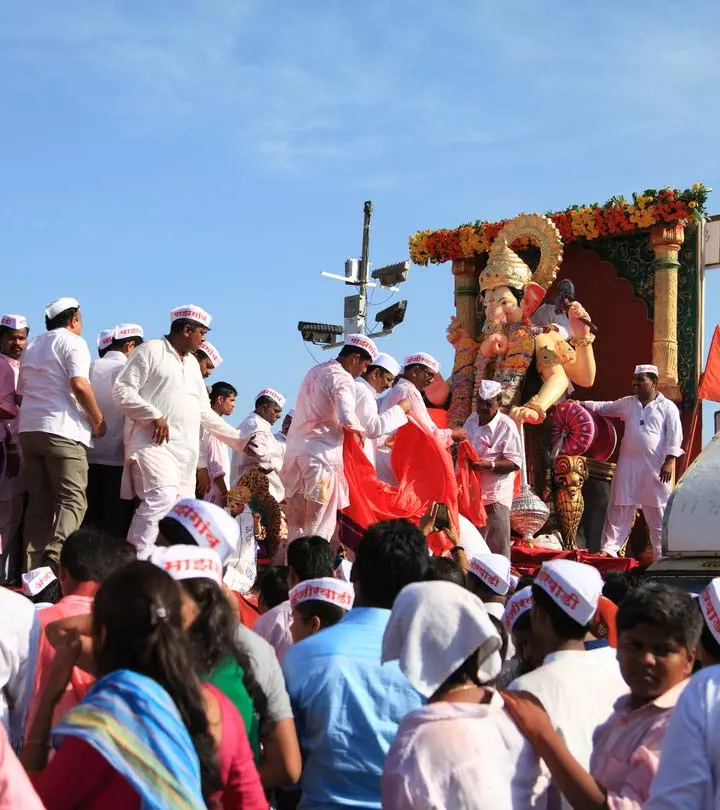
Image: iStock
If there is one festival that captures the true essence of Mumbai, it is Ganesh Chaturthi. The festival is celebrated with many aplomb and Mumbaikars of all ages, genders, and religions get together onto the streets to enjoy it. Trucks carrying the Ganesha idols would distribute sweets to the young and poor, and the atmosphere would be lit with merriment and celebration. However, due to the ongoing coronavirus pandemic, the way Mumbai celebrates Ganesh Chaturthi is now changed. Here is how festival organizers have been preparing for this festival of epic proportions:
Constructing Brick Tanks
As the festival approaches, organizers have had to construct large brick tanks for the immersion process. Earlier, Mumbaikars would gather at the various beaches dotting the city and immerse their idols in seawater. However, due to a lot of concerns about pollution and other issues, more and more people have been moving away from immersing the idols in the sea and looking for other ways to immerse them. A solution has come forward in the form of tanks. The government of Maharashtra has requested Mumbaikars to practice immersion in their homes rather than at beaches or other public bodies of water. The government is doing so to prevent overcrowding at the beaches and curb the spread of infection during the celebrations.
Although Mumbai is currently reporting a higher recovery rate than the number of active cases, the city still remains one of India’s biggest hotspots. According to officials, “Mumbai has around 2,700 public Ganesh pandals every year, and hundreds of idols are brought to people’s homes, but we have just 84 places for immersion”. The 84 places for immersion include lakes, local ponds, beaches, creeks, and some artificial tanks made by environmentally conscious Ganesh devotees to immerse their idols in. The tall idols that have been installed in the pandals are usually immersed in the sea. Girgaon Chowpatty, in particular, is known to attract lakhs of devotees on the last day of the festival.
How The Celebrations Will Proceed
Since it won’t be possible to manage and handle a crowd of so many people, the government has ordered pandal makers to construct artificial tanks this year. There will be around 250-300 artificial tanks constructed by the government. Most of these tanks will be built in neighborhoods, societies, and in some buildings. The government has also put certain restrictions into place this year. They have only allowed for the public immersion of idols that are four feet in height or shorter. Smaller idols of two feet in height or less are allowed to be immersed in homes and buildings. Pandals that are held in public have also been requested to provide the function of “online darshans” to prevent crowding of the street and asked not to collect donations from the devotees unless it is voluntarily given.
While many Mumbaikars feel defeated and upset that they will not be able to celebrate the festival with much aplomb this year, many know that next year will bring in more joy and fun. However, one good news for Ganesh devotees is that musical instruments and bands have not been banned from performing. So even if they cannot make this festival as much of a grand activity as they usually would, they can still stand aside and enjoy the music and atmosphere. Long processions are to be avoided at all costs and could result in strict actions to be taken against the festival organizers.
The Economic Impact Of The Celebrations
Many famous Mumbai pandals have decided not to install the idols and forego celebrations due to the pandemic. For the first time, Mumbai city will not be hosting one of its most famous Ganesha pandals, The Lalbaugcha Raja idol. The pandal has been hosted in the city for 86 years now. Some pandal organizers have stated that while they will provide online servers for people to perform their darshan, they will not turn away devotees who turn up to offer prayers at the pandal. Instead, they will sanitize the pandal and check the oxygen levels and temperature of all the devotees. However, many have noted that this is not always the best process and that many coronavirus cases don’t show symptoms, and some people will not even know they have the virus.
Many people who were employed to build the pandals and serve as staff during the celebrations will now be rendered unemployed due to the cancellation of pandals. The elaborate and grand pandals are usually funded by consumer brands, donations, and political parties. However, since pandal makers have been asked not to request devotees to donate to the pandals, they will not be receiving as many collections as they may have made in previous years. Many people who make the idols have been impacted by the rules and are not selling as many idols as they did in previous years.
Due to the lockdown, the entire process of idol making was disrupted. The clay used to make the idols was transported to the cities from outside the state. The clay is bought from Gujarat months prior to the festival. However, due to the government’s lockdown rules, the procurement of the clay was delayed. Many idol makers have not been given space on maidans or other grounds for craftsmen to set up their shops and make the idols. Many have had to rent out private rooms to construct their idols.
Although this year may have its drawbacks to the celebrations, one positive factor is that the sea will not be polluted this year. Do let us know your thoughts on this article in the comment section below.
Read full bio of Niharika Nayak


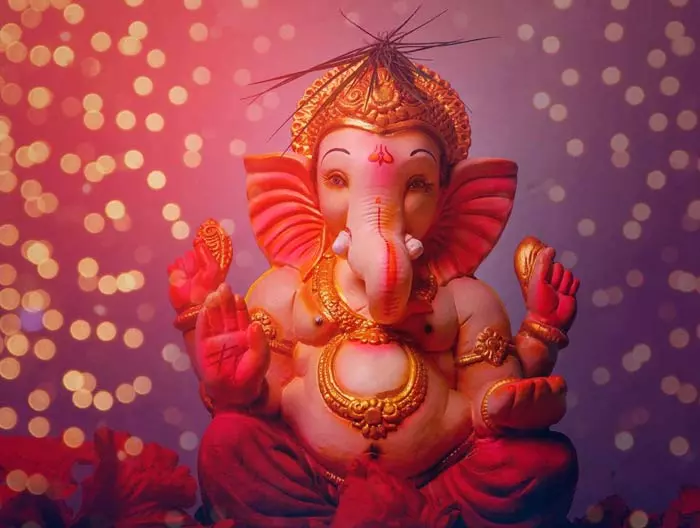

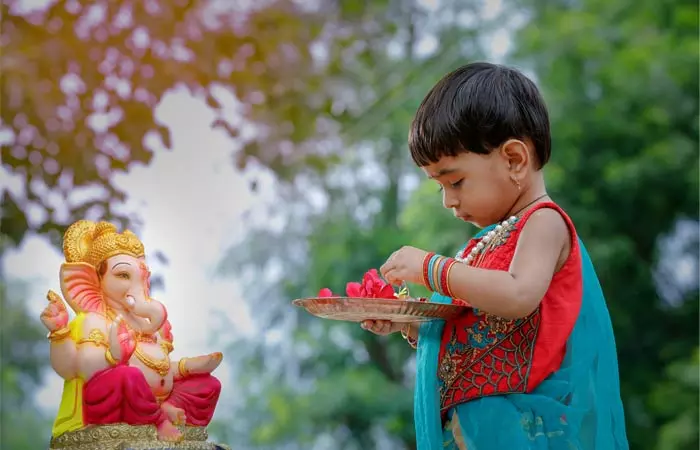
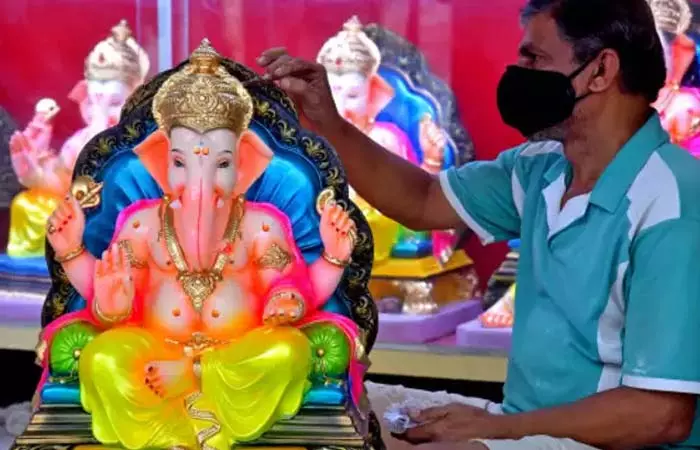

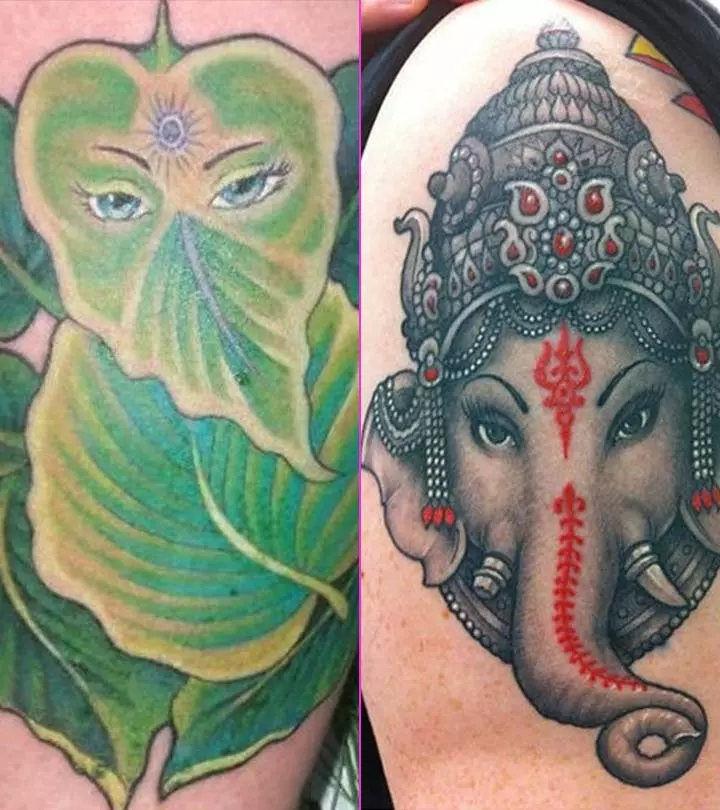
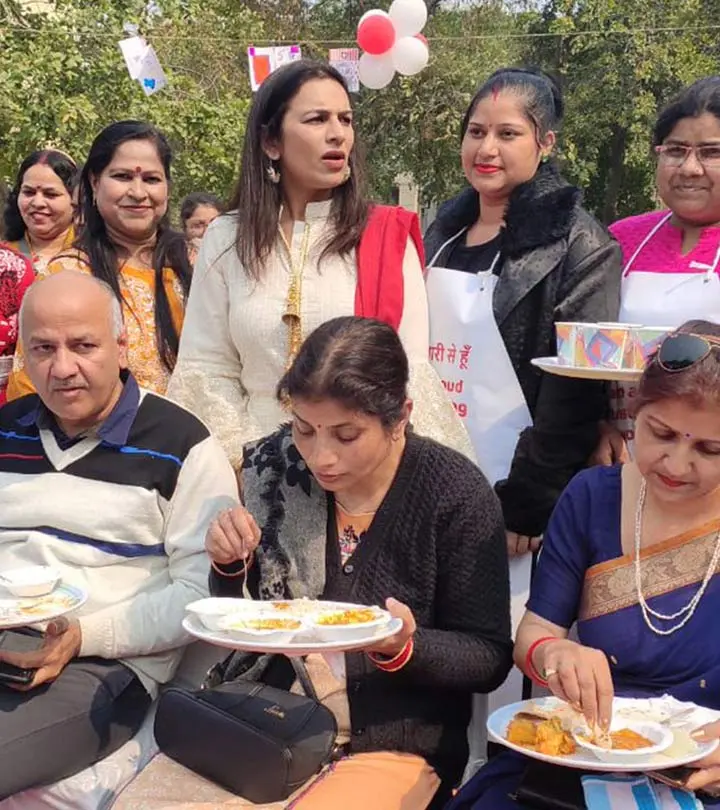










Community Experiences
Join the conversation and become a part of our empowering community! Share your stories, experiences, and insights to connect with other beauty, lifestyle, and health enthusiasts.